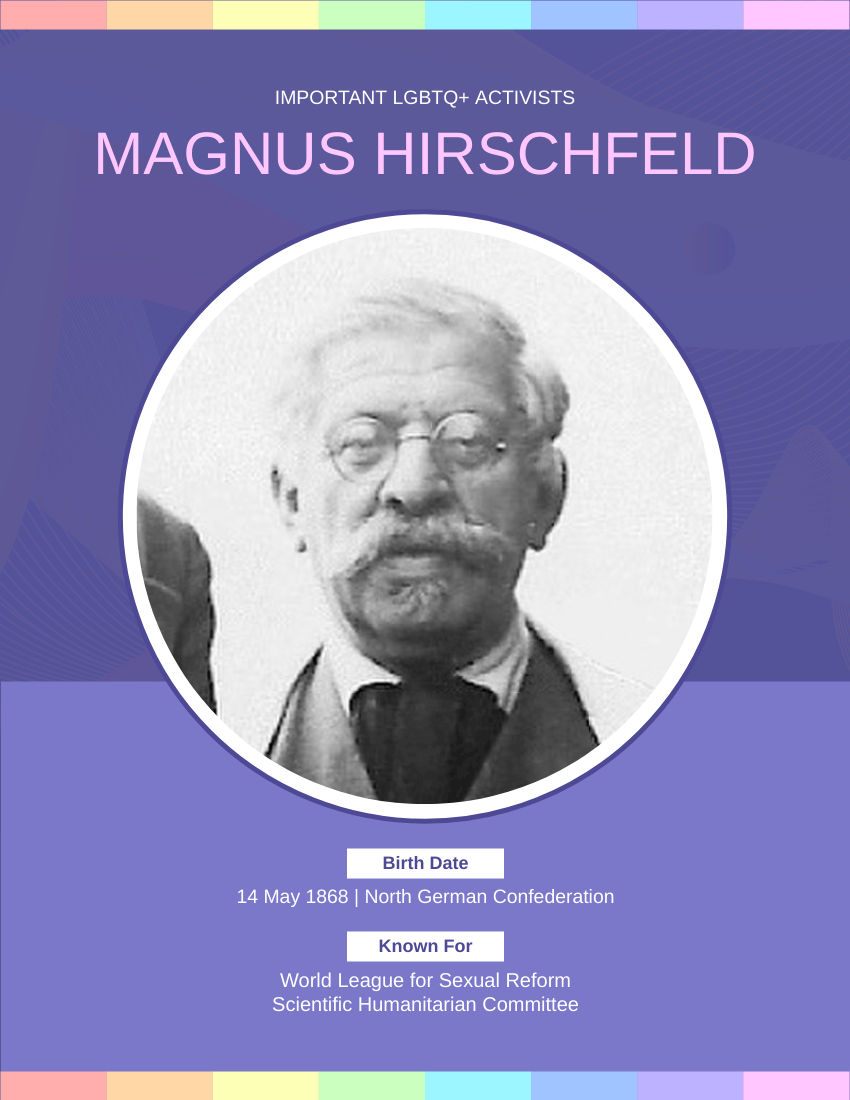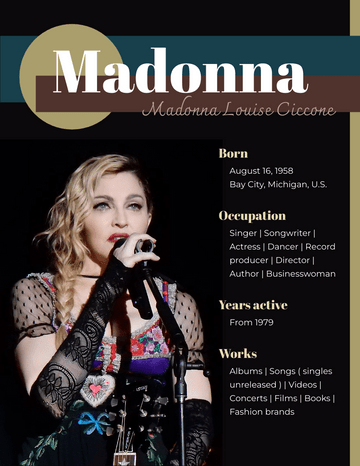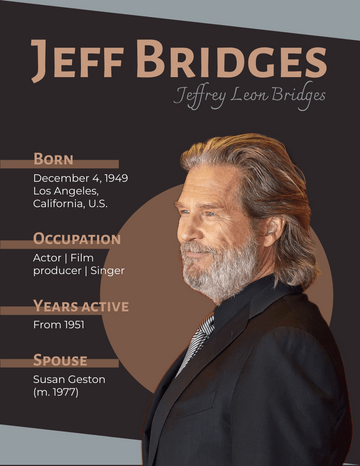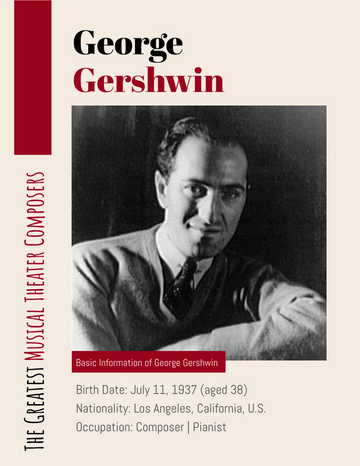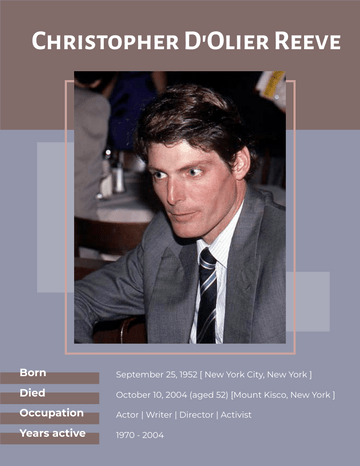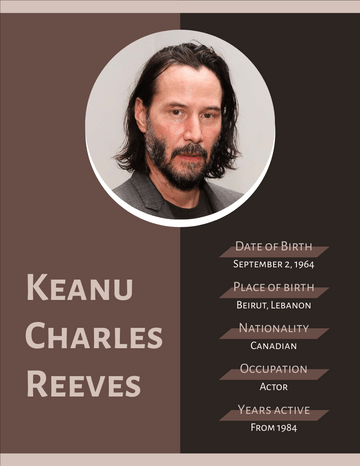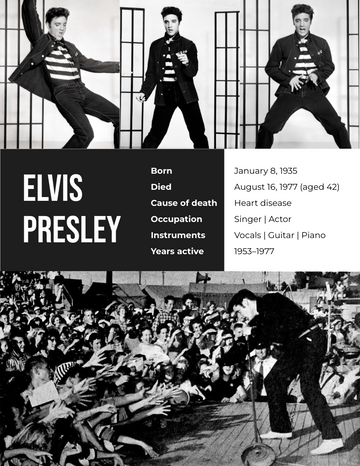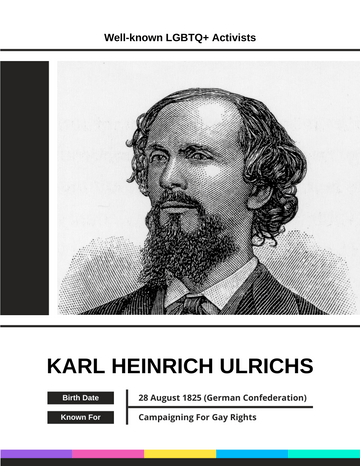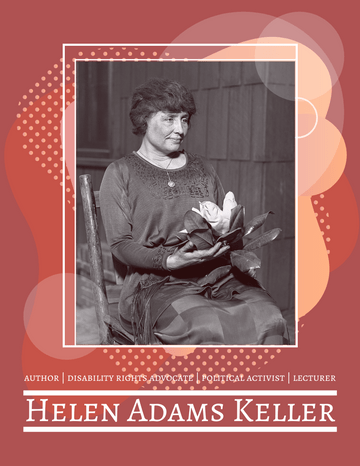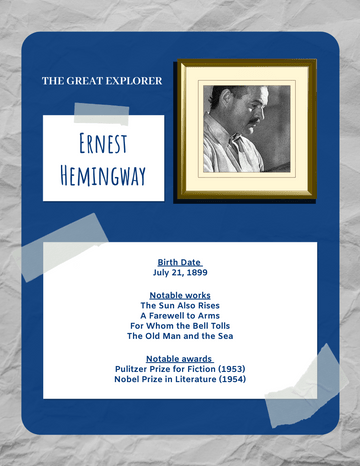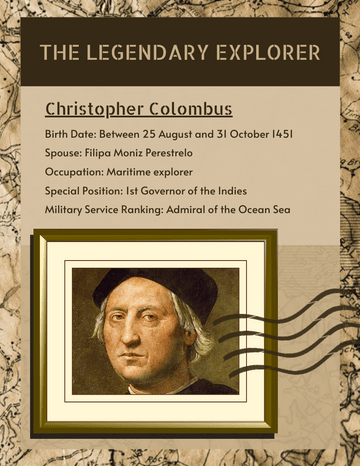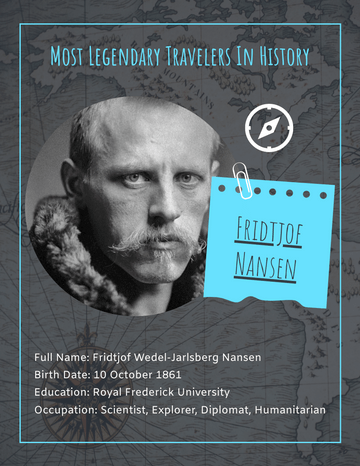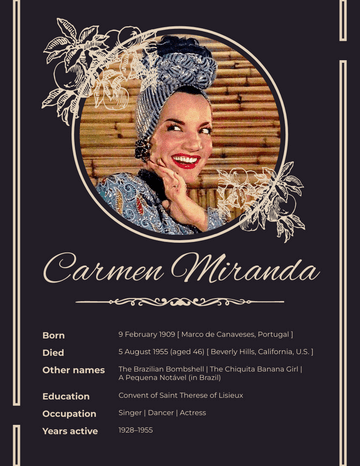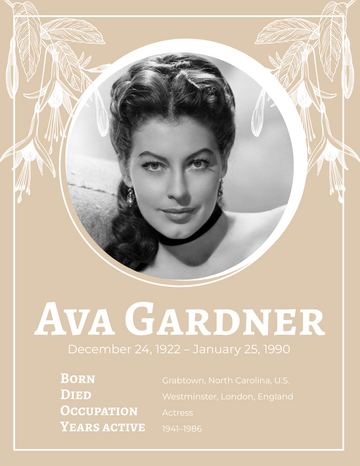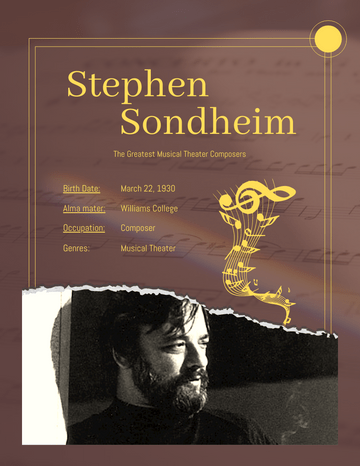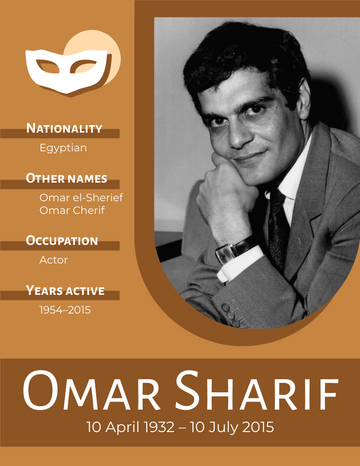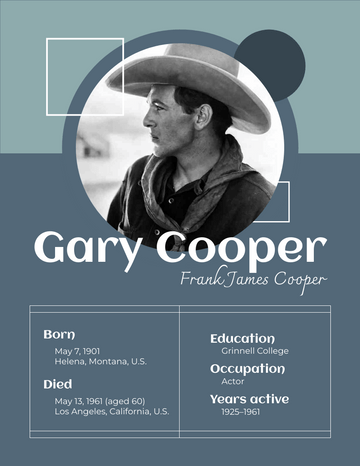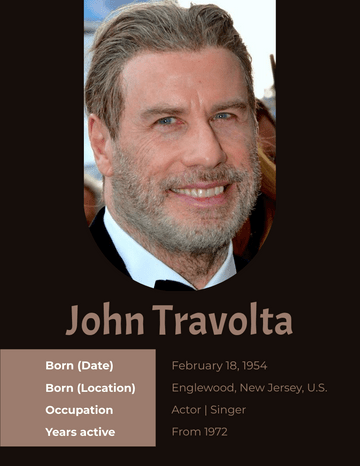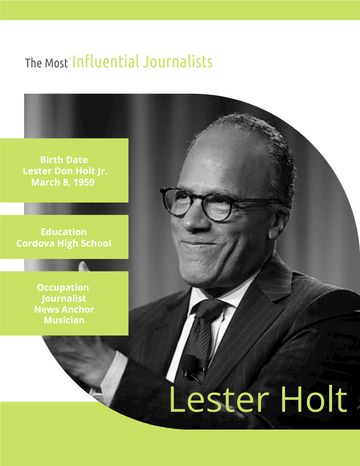Important LGBTQ+ Activists
Magnus Hirschfeld
Birth Date: 14 May 1868 | North German Confederation
Known For: World League for Sexual Reform | Scientific Humanitarian Committee
Click here to read this biography book.
Who is Magnus Hirschfeld
Magnus Hirschfeld (14 May 1868 – 14 May 1935) was a German physician and sexologist educated primarily in Germany; he based his practice in Berlin-Charlottenburg during the Weimar period. An outspoken advocate for sexual minorities, Hirschfeld founded the Scientific-Humanitarian Committee and World League for Sexual Reform. Historian Dustin Goltz characterized the committee as having carried out "the first advocacy for homosexual and transgender rights". "Hirschfeld's radical ideas changed the way Germans thought about sexuality." Hirschfeld was targeted by Nazis for being Jewish and gay; he was beaten by völkisch activists in 1920, and in 1933 his Institut für Sexualwissenschaft was sacked and had its books burned by Nazis. He was forced into exile in France, where he died in 1935.
Early Life of Magnus Hirschfeld
Hirschfeld was born in Kolberg in Pomerania (since 1945 Kołobrzeg, Poland), in an Ashkenazi Jewish family, the son of highly regarded physician and Senior Medical Officer Hermann Hirschfeld. As a youth he attended Kolberg Cathedral School, which at the time was a Protestant school. In 1887–1888, he studied philosophy and philology in Breslau (now Wrocław, Poland), and then from 1888 to 1892 medicine in Strasbourg, Munich, Heidelberg, and Berlin. In 1892, he earned his medical degree.
After his studies, he traveled through the United States for eight months, visiting the World's Columbian Exposition in Chicago, and living from the proceeds of his writing for German journals. During his time in Chicago, Hirschfeld became involved with the homosexual subculture in that city. Struck by the essential similarities between the homosexual subcultures of Chicago and Berlin, Hirschfeld first developed his theory about the universality of homosexuality around the world, as he researched in books and newspaper articles about the existence of gay subcultures in Rio de Janeiro, Tangier, and Tokyo. Then he started a naturopathic practice in Magdeburg; in 1896, he moved his practice to Berlin-Charlottenburg.
